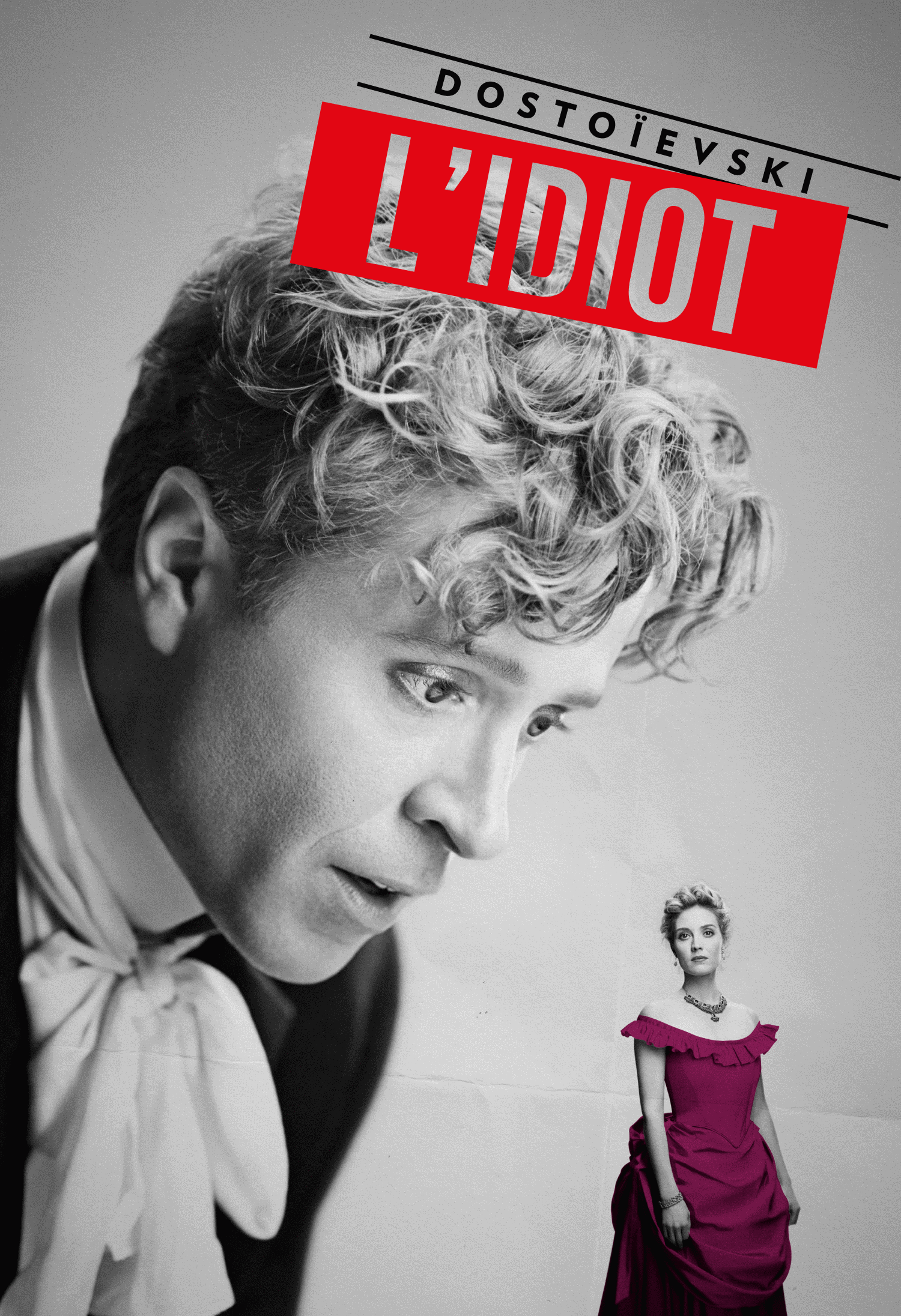L’Idiot Theatre Excursion
April 5th, 2018As an extension of the text which is the focus of the Humanities course students are taking, a professional theatre production of this same text will give students added insight and appreciation of the original. A live dramatization of Dostoevsky’s novel conveys to the students the richest possible translation of their reading experience. It also will enhance their overall understanding of the larger moral questions raised by the novel (for improved performance on the final exam), and it will lend greater strength to their own writing of dialogue inspired by the book for their program-related assignment.
Dostoevsky’s novel, The Idiot, poses the question “What is goodness good for?” The main character, Prince Myshkin, is Dostoevsky’s attempt “to portray a truly beautiful soul.” But the very goodness of this character is unsettling; few characters in the novel understand or accept the melting effect that Myshkin has on them; and the tragedy at the end feels both inevitable and inexplicable. As one student put it, “by placing Myshkin in the center of a sinning, unapologetic society similar to our own modern times, Dostoevsky succeeds in showing us how unforgiving society can be towards a totally forgiving man.” Living with the story on stage in real time is unforgettably powerful and cathartic and helpful on a whole different level. The upcoming production of L’Idiot at the Théâtre du Nouveau Monde will bring Dostoevsky’s book to larger emotional life and make fuller sense in a contemporary setting.
Project Update
Two sections of our Ethics class (“Moral Choices in Literature”) unquestionably benefitted from the live stage production in French of Dostoevsky’s THE IDIOT, on April 3 and 5, at the Théâtre du Nouveau Monde.
After spending the semester analyzing the moral choices of the main characters in the Dostoevsky novel (which remain just as relevant today as when the book was first written 150 years ago), the experience of seeing many of the same scenes and dialogue translated into contemporary terms was refreshing. The director and playwright were both clearly doing their best to honor the original while introducing their own lighter, more comic vision of the novel at the same time. As Étienne Lepage so humbly and accurately put it in his notes to the theatre program, “C’est donc avec une joie presque terrorisée que je vous souhaite la bienvenue à ce spectacle, avec l’espoir que vous y trouverez un peu la lumière aveuglante du chef-d’oeuvre de Dostoiveski.”
The exciting performance created by Étienne Lepage and Catherine Vidal brought home to the students the real emotional content of choices when they deal with ambiguity and conformity. One student spontaneously reported the day after that “the play last night was the best performance I’ve seen in a very long time.” Other students were clearly surprised and delighted by the comic elements that the French dramatization rescued from the often dour or puzzling book they already knew. As their teacher, I myself was extremely gratified to see performed, with great fidelity and hilarity, the best Dostoevsky funny anecdote ever on record (General Ivolgin’s story, explaining his response to a lady with a lapdog on a train: after she had objected to his smoking a cigar by throwing his cigar out of the open train window, he indignantly threw her lapdog out of the same window)!
In the following class, students examined the significance of our course work in the light of our theatre-going experience. As one student observed, “The choice to infuse the melancholic Russian masterpiece with the comical French style was an excellent choice. The language used by the actors in a way simplified the difficult Russian phrases of the characters, bridging all the gaps one must have had after reading the novel.



